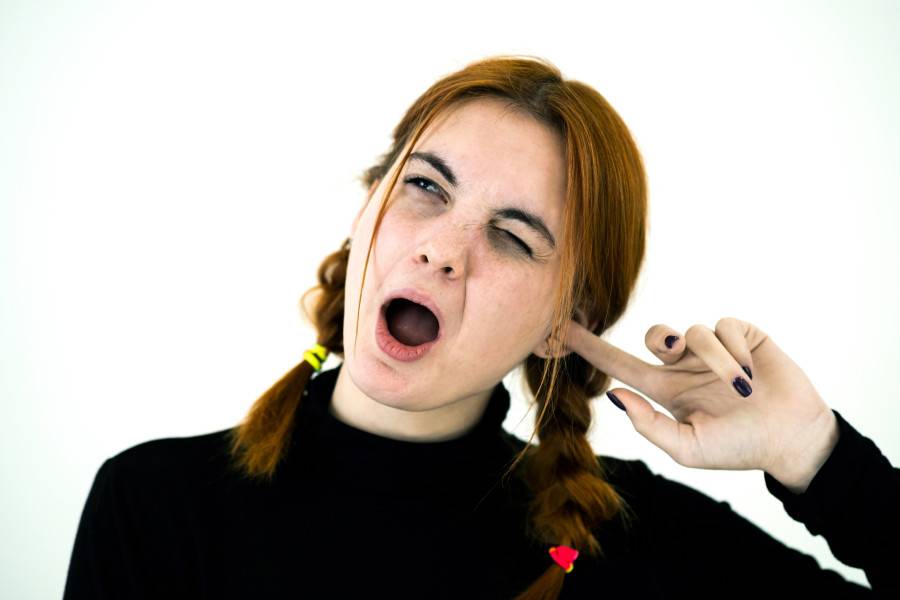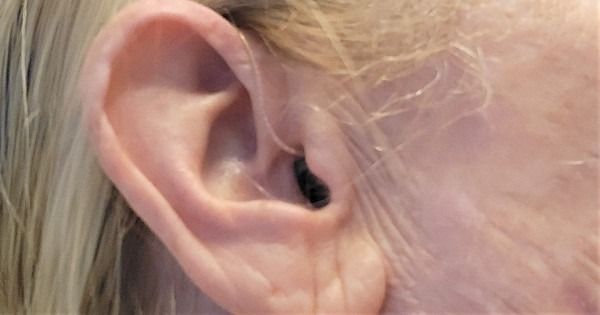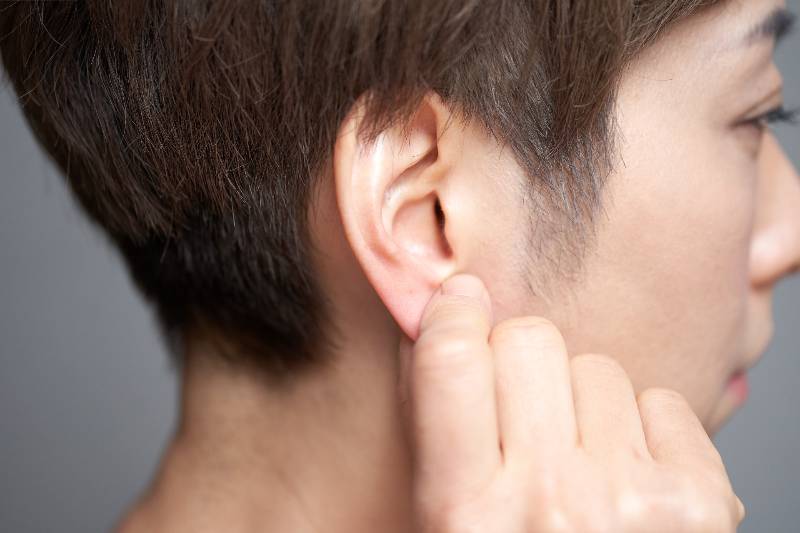Pulsatile tinnitus, a condition characterized by hearing a rhythmic noise in sync with one’s heartbeat, can be particularly challenging for adults. This blog post aims to provide a comprehensive understanding of treatment options for pulsatile tinnitus in adults, debunk common myths, and offer practical management strategies.
Pulsatile Tinnitus in Adults – Treatment Options
In adults, the treatment of pulsatile tinnitus varies based on the underlying cause. If the condition is linked to vascular issues, such as high blood pressure or a vascular malformation, treating the vascular problem can often alleviate the tinnitus symptoms. Medications to manage blood pressure or cholesterol levels, or surgical interventions in more severe cases, may be recommended.
Another treatment avenue is sound therapy, which uses external sounds to help distract from the tinnitus noise. This can include white noise machines, nature sounds, or even specialized tinnitus masking devices. For cases where pulsatile tinnitus significantly impacts quality of life, cognitive-behavioral therapy (CBT) can be effective in helping individuals cope with the condition. CBT focuses on changing the emotional response to tinnitus and developing coping strategies.
Myths vs. Facts about Pulsatile Tinnitus
Myth: Pulsatile tinnitus is always a sign of a serious health issue. Fact: While pulsatile tinnitus can be associated with certain health conditions, it is not always indicative of a serious medical problem. However, it is important to get it evaluated to determine the underlying cause.
Myth: There are no effective treatments for pulsatile tinnitus. Fact: There are various treatment options available for pulsatile tinnitus, depending on the underlying cause. These can range from medical management of associated conditions to sound therapy and psychological support.
Myth: Pulsatile tinnitus cannot be managed without medication. Fact: Alongside medical treatments, lifestyle changes and sound therapy can be effective in managing pulsatile tinnitus. Stress reduction, regular exercise, and a healthy diet can also contribute to symptom management.
Quiz on Pulsatile Tinnitus
What is a common treatment for pulsatile tinnitus linked to vascular issues?
- A. Light therapy
- B. Medication or surgery for the vascular condition
- C. Acupuncture
- Answer: B. Medication or surgery for the vascular condition
Can sound therapy be used to manage pulsatile tinnitus?
- A. Yes, it’s often used
- B. No, it’s ineffective
- C. Only in combination with medication
- Answer: A. Yes, it’s often used
Is pulsatile tinnitus always indicative of a serious medical problem?
- A. Yes, always
- B. No, but evaluation is important
- C. It’s purely psychological
- Answer: B. No, but evaluation is important
FAQ Section
Q1: What are effective treatment options for pulsatile tinnitus in adults? A1: Treatment options include managing any underlying vascular issues with medication or surgery, sound therapy, and cognitive-behavioral therapy. The choice of treatment depends on the specific cause and severity of the tinnitus.
Q2: Can lifestyle changes help in managing pulsatile tinnitus? A2: Yes, lifestyle changes such as stress management, regular exercise, and a healthy diet can play a significant role in managing pulsatile tinnitus symptoms and improving overall well-being.
Q3: Is sound therapy a viable option for pulsatile tinnitus management? A3: Sound therapy is a viable and often effective option for managing pulsatile tinnitus. It uses external sounds to distract from the tinnitus noise and can be tailored to individual preferences.
Q4: Should pulsatile tinnitus always be medically evaluated? A4: Yes, pulsatile tinnitus should always be evaluated by a healthcare professional to determine the underlying cause and appropriate treatment.
Practical Tips and Tricks
- Seek Medical Evaluation: Consult a healthcare professional for an accurate diagnosis and treatment plan.
- Manage Stress: Engage in stress-reducing activities like yoga, meditation, or deep breathing exercises.
- Explore Sound Therapy: Consider using white noise machines or tinnitus masking devices as part of your treatment.
- Maintain a Healthy Lifestyle: Regular exercise and a balanced diet can improve vascular health and potentially reduce tinnitus symptoms.
- Consider Psychological Support: If pulsatile tinnitus impacts your mental health, cognitive-behavioral therapy may be beneficial.
References
- “Pulsatile Tinnitus: Diagnosis and Treatment,” Journal of Otolaryngology.
- “Cognitive Behavioral Therapy for Tinnitus,” Clinical Psychology Review.
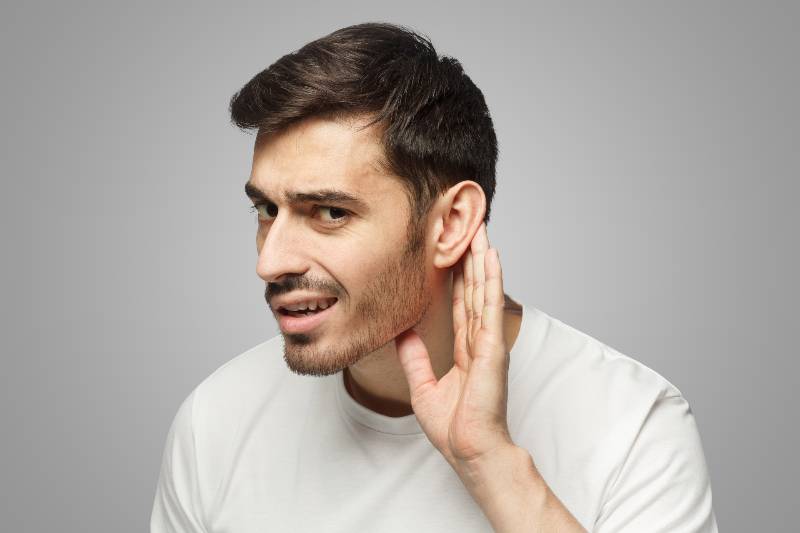
Addressing Pulsatile Tinnitus in Seniors: Treatment Considerations and Insights
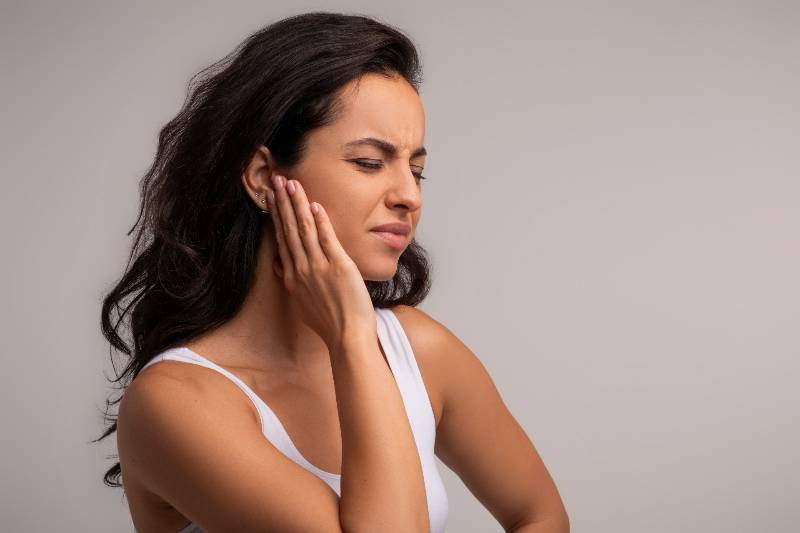
Beyond the Thump: Unraveling the Mysteries of Pulsatile Tinnitus
References
American Tinnitus Association – Pulsatile Tinnitus
National Institute on Deafness and Other Communication Disorders (NIDCD) – Tinnitus

